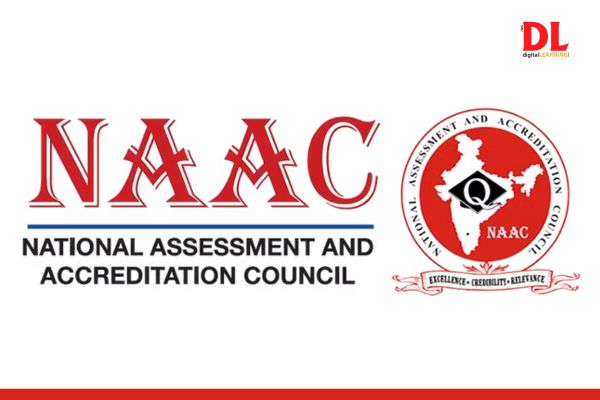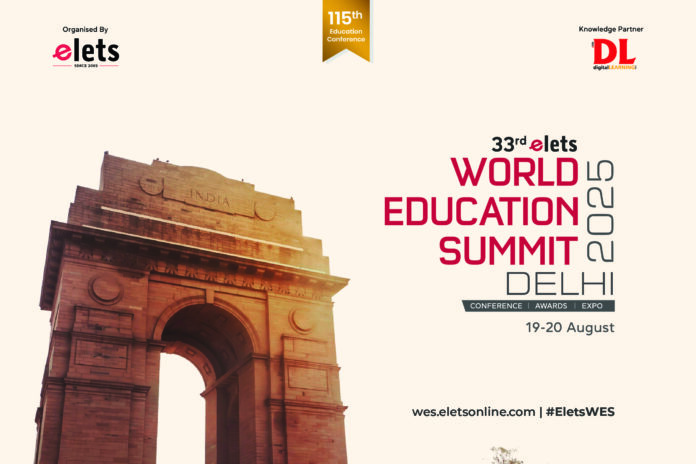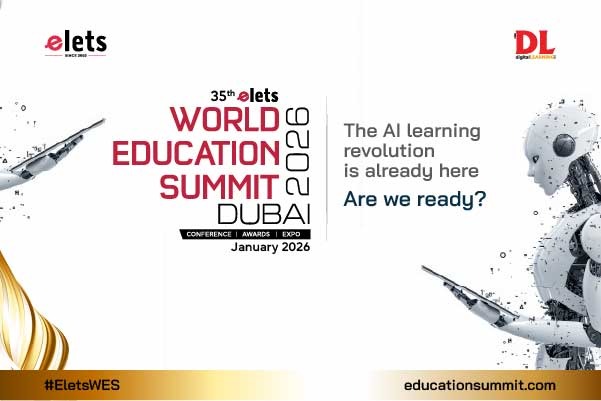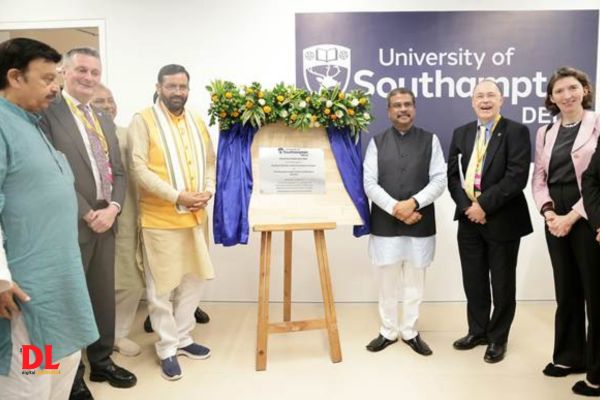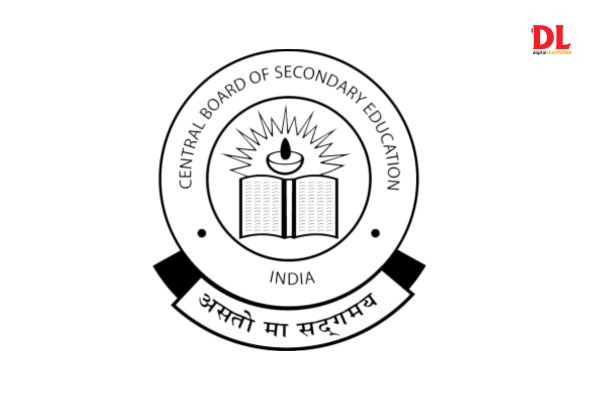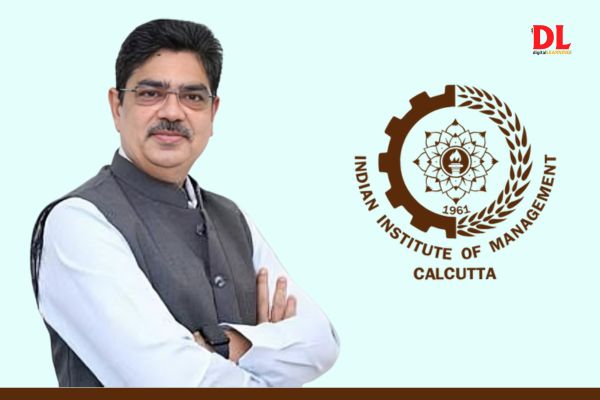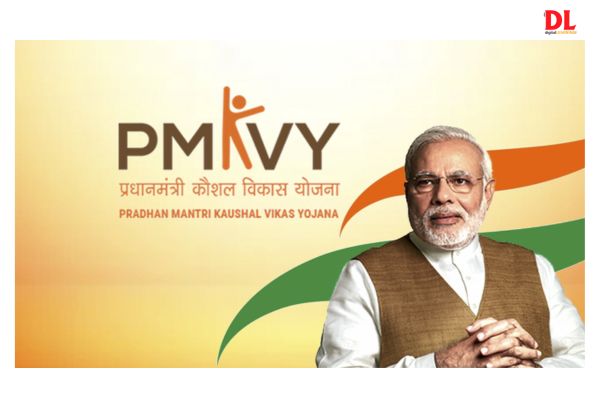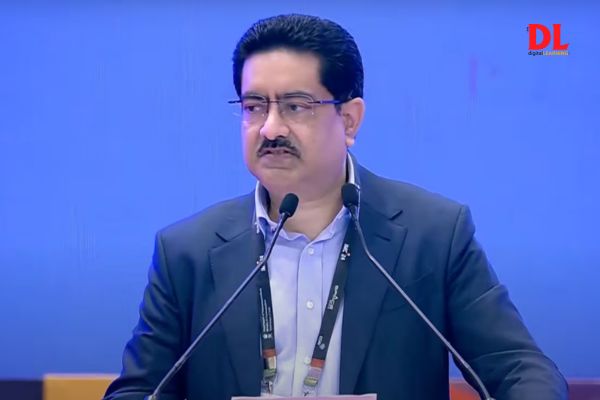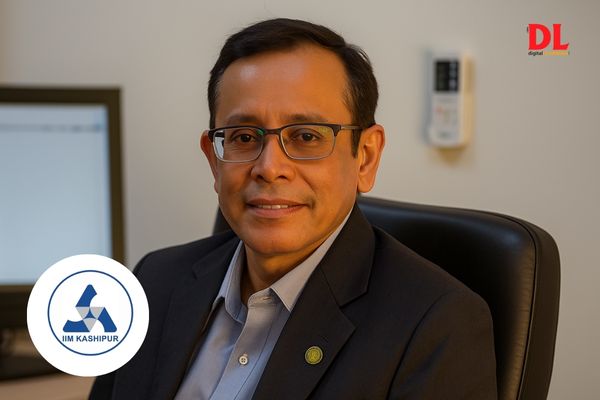In a major reform aimed at strengthening India’s higher education landscape, the National Assessment and Accreditation Council (NAAC), under the University Grants Commission (UGC), has overhauled its accreditation process, making it entirely online, faster, and more transparent.
Sources confirm that Prime Minister Narendra Modi is expected to unveil this new framework on July 29, during a special event commemorating the fifth anniversary of the National Education Policy (NEP) 2020, hosted by the Ministry of Education.
What’s Changing in NAAC Accreditation?
- No More Grading Tiers: The traditional seven-point grading scale will be scrapped. Institutions will now be informed simply whether they have received accreditation or not.
- Fully Digital Process: The new system eliminates the need for physical inspections at the base levels—streamlining the process to be 100% online.
- Shortened Accreditation Cycle: Validity of accreditation will now be for three years instead of five.
- Greater Participation Targeted: At present, only 40% of Indian universities and less than 20% of 50,000+ colleges are accredited. The new system aims to bring 90–95% of higher education institutions under the accreditation umbrella, said Prof. Anil Sahasrabudhe, Chairman of NAAC’s Executive Committee.
Introduction of Maturity-Based Graded Accreditation
Institutions can now opt for a new Level-based framework ranging from Level 1 to Level 5:
- Levels 1 & 2: Entry-level, easy to access, completely online.
- Level 3: Hybrid model with online and field assessments.
- Levels 4 & 5: Highly stringent, awarded only to institutions that meet global standards.
Institutes with strong infrastructure and academic practices can directly apply for higher levels, skipping lower stages.
Also Read: Why global educators are flying to Delhi for the 33rd Elets World Education Summit Delhi 2025
Why It Matters?
The fear of poor grades had discouraged many institutions from seeking accreditation. The new process, with simplified steps and growth-focused evaluation, is designed to encourage widespread adoption while ensuring quality education becomes a nationwide standard.
Want to hear directly from the visionary behind this transformation?
Prof. Anil Sahasrabudhe, Chairman, National Educational Technology Forum (NETF); Chairman, Executive Committee, NAAC; Chairman, National Board of Accreditation (NBA), will be joining us as a Special Guest at the 33rd Elets World Education Summit on 19–20 August in New Delhi.
Don’t miss your chance to learn from the changemaker himself.
Join the waitlist!







